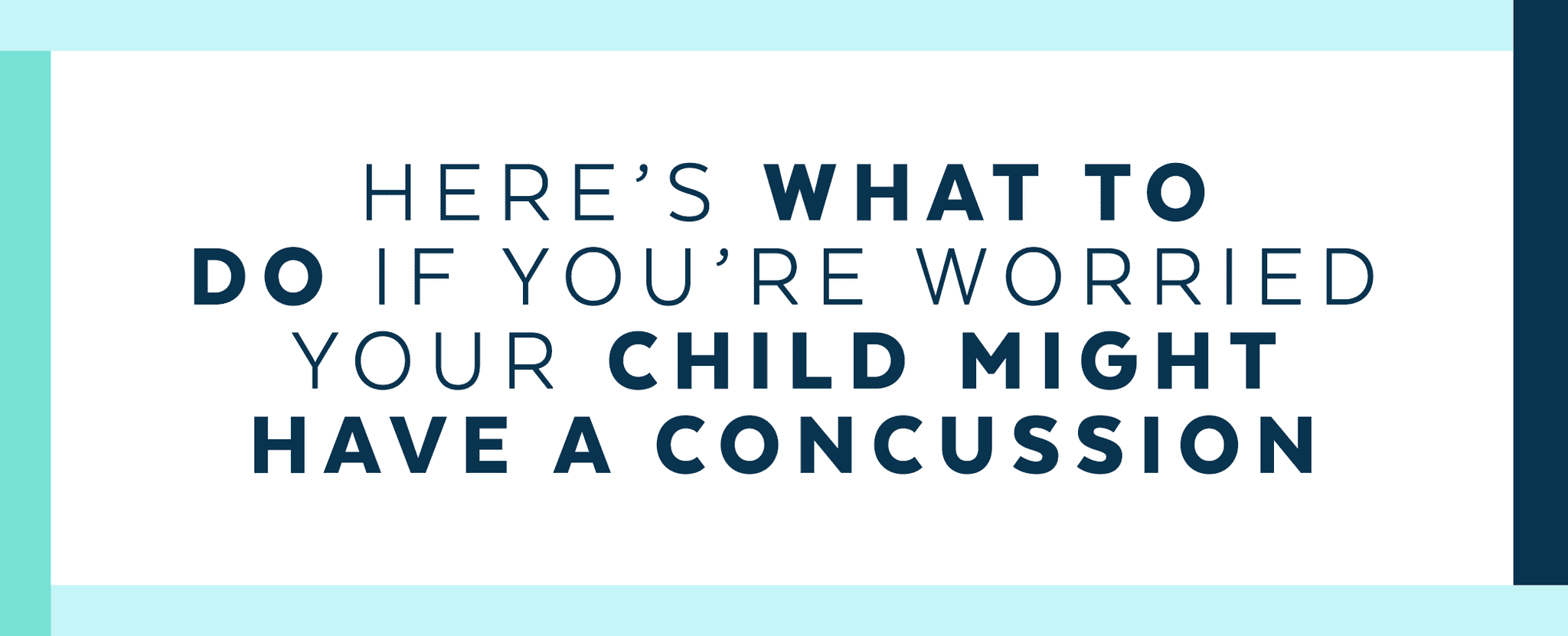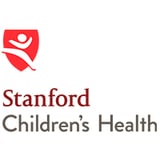
Common Concussion Symptoms in Children
Here’s What to Do If You’re Worried Your Child Might Have a Concussion

Childhood is all about play, whether that means first graders playing a spirited game of tag or 10-year-olds going all out in a competitive soccer match.
And when kids play, some bumps and bruises are inevitable. Scraped knees are one thing, but what happens when your child gets a more serious injury — like a concussion?
Athletic children are particularly at risk for concussions, according to Stanford Children’s Health pediatrician Dr. Kirk Mulgrew. “There are a lot of sports out there that do carry risk,” he said, noting that he’s treated patients with concussions from playing hockey, soccer, football, swimming, and cheerleading. There’s no age limit, either: Dr. Mulgrew said he’s seen concussions in everyone from “the 5-year-old who falls off the jungle gym all the way up to the college athlete.” Here's what he wants parents everywhere to know about this common athletic injury.
What Should You Do If Your Child Has a Concussion?
No matter how old your child is, the most important thing to do when you suspect a concussion is to get your child to stop playing right away. “They need to be evaluated by an experienced concussion provider before they go back to the sport,” Dr. Mulgrew explained.
Next, Dr. Mulgrew suggested checking their symptoms. After a concussion, patients can feel several different types of symptoms, from physical changes like headaches or dizziness, to cognitive or thinking symptoms like confusion or feeling foggy, and even behavioral and emotional changes, like feeling irritable or down. If they’re slurring their speech, feel especially sleepy, vomit, or have a headache that’s getting worse and worse, they need to go to the emergency department right away. If they don’t have any of those “red flag” symptoms, you can wait to see a doctor until the following day.

While each individual case requires a different treatment plan, Dr. Mulgrew said that the typical treatment for concussions is fairly simple. "In the first 48 to 72 hours after the concussion, I recommend physical and cognitive rest. Basically, that means being bored,” he said. That means no TV, no smartphone use, and no significant physical activity.
Those first few days are all about giving the brain time to heal, so patients should also get the best quality sleep they can. Try to avoid naps so you don’t mess up your child's regular sleep schedule, though. Dr. Mulgrew also recommended drinking plenty of water and eating regular, nutritious meals. “The brain cells are working extra hard and they need extra energy,” he explained.
After those first two to three days, patients can start gradually adding physical activity back into their routines, one step at a time with guidance from their doctor.
Just How Serious Are Concussions?

For the small percentage of concussion patients who experience long-term symptoms, Dr. Mulgrew will enlist the help of specialists. He explained that this is one of the biggest benefits of the Stanford Children’s Health network; from his practice, Pediatric Group of Monterey, in Monterey, CA, he can easily connect with other doctors and specialists around the network if he has any questions about a patient or treatment plan.
For concussions specifically, Stanford offers an even bigger benefit: it’s home to the Stanford Children’s Health Concussion Program, which boasts a multidisciplinary program that diagnoses, evaluates, and treats concussions. The center also conducts its own research with the aim of developing new tools to prevent and diagnose concussions. “I view them as being at the forefront of concussion diagnosis and treatment,” Dr. Mulgrew said.
How Can Parents Prevent Concussions?
Of course, Dr. Mulgrew said the best treatment for concussions is preventing them altogether. Making sure parents, coaches, and even children know just how serious concussions are and how they can happen can help children be more mindful of their actions. Remembering a warning from their coach or mom could stop a soccer player from diving headfirst into a pile of people to get the ball, for instance.

The bottom line? “I think with better awareness we can at least decrease the rate of concussion, and more importantly, decrease the complications from concussion,” Dr. Mulgrew said.